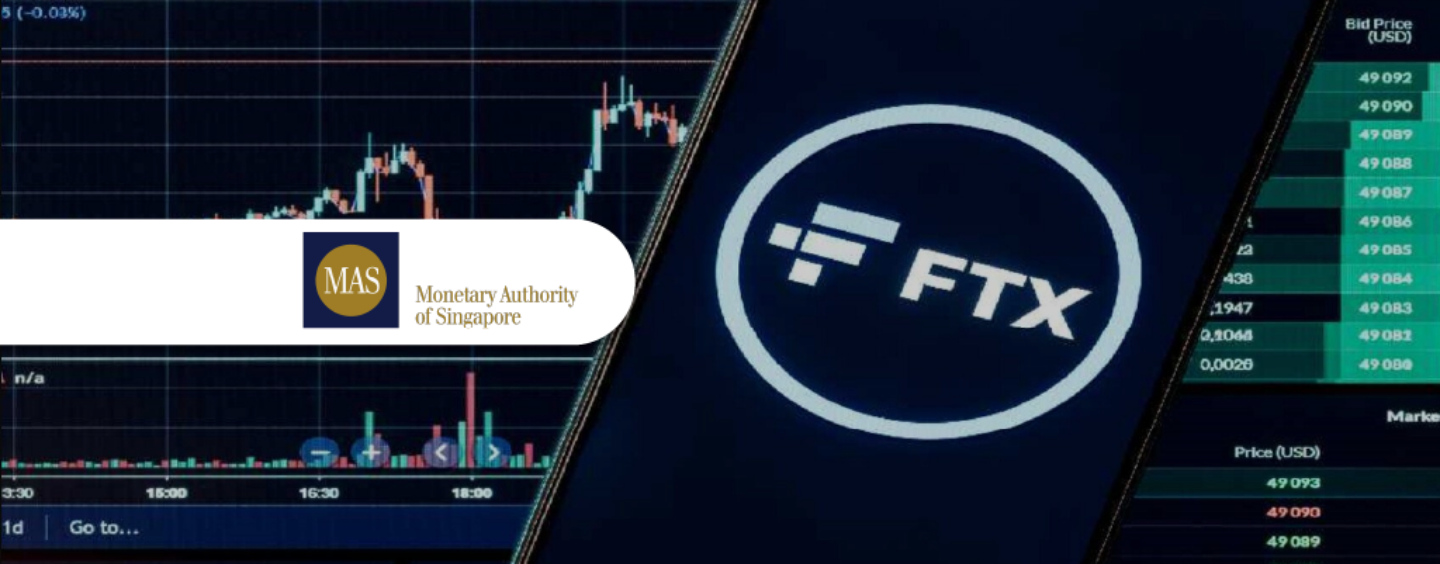
MAS Explains Why Binance Was Pinned on Investor Alert List but Not FTX
by Fintech News Singapore November 22, 2022The Monetary Authority of Singapore (MAS) did not place the now-collapsed crypto exchange FTX on its Investor Alert List as it had no evidence that the latter was soliciting Singapore users specifically.
In a statement addressing some questions and misconceptions that have arisen, the regulator drew comparisons with another crypto exchange – Binance.
MAS said that while both Binance and FTX are not licensed here, Binance was actively soliciting users in Singapore while FTX was not.
Binance even went on to offer listings in Singapore dollars and accepted Singapore-specific payment modes such as PayNow and PayLah, prompting a flurry of complaints against the crypto exchange.
Additionally, regulators from Italy, Japan, Malaysia, UK and Thailand also made announcements regarding the operation of Binance without the requisite licenses in their jurisdictions.
This prompted MAS to place Binance on its Investor Alert List in September 2021 and several days after that, the crypto exchange ceased offering its products and services.
Binance had also put in place various measures including geo-blocking of Singapore IP addresses and the removal of its mobile application from Singapore app stores.
These measures were intended to demonstrate beyond doubt that Binance had ceased soliciting and providing services to Singapore users.
MAS asserts that should Binance decide to dismantle some of these restrictions moving forwrad, it has to continue to comply with the prohibition against soliciting Singapore users without a license.
Furthermore, on MAS’ referral, the Commercial Affairs Department commenced investigation into Binance for possible contravention of the Payment Services Act (PS Act)
Following this, Binance decided to drop its licensing plans in Singapore altogether in December 2021 and instead focused on securing regulatory approvals from Bahrain, Dubai and Abu Dhabi.
In contrast to Binance’s actions, trades on FTX could not be transacted in Singapore dollars. This gave MAS no reason to place FTX on the Investor Alert List as there was no evidence that it had contravened the PS Act.
The regulator clarified that the purpose of the Investor Alert List s to warn the public of entities that may be wrongly perceived as being MAS-regulated, especially those which solicit Singapore customers for financial business without the requisite MAS license.
However, MAS says that it is impossible to exhaustively list all the offshore crypto exchanges in the world as no regulator in the world has done so.
MAS concluded the statement by reiterating its stance on crypto trading by adding that currently there is no protection for customers who deal in cryptocurrencies.
“The most important lesson from the FTX debacle is that dealing in any cryptocurrency, on any platform, is hazardous. Crypto exchanges can and do fail. Even if a crypto exchange is licensed in Singapore, it would be currently only regulated to address money-laundering risks, not to protect investors.
This is similar to the approach currently taken in most jurisdictions. MAS has recently published a consultation paper proposing basic investor protection measures for crypto players who are licensed to operate in Singapore.”







